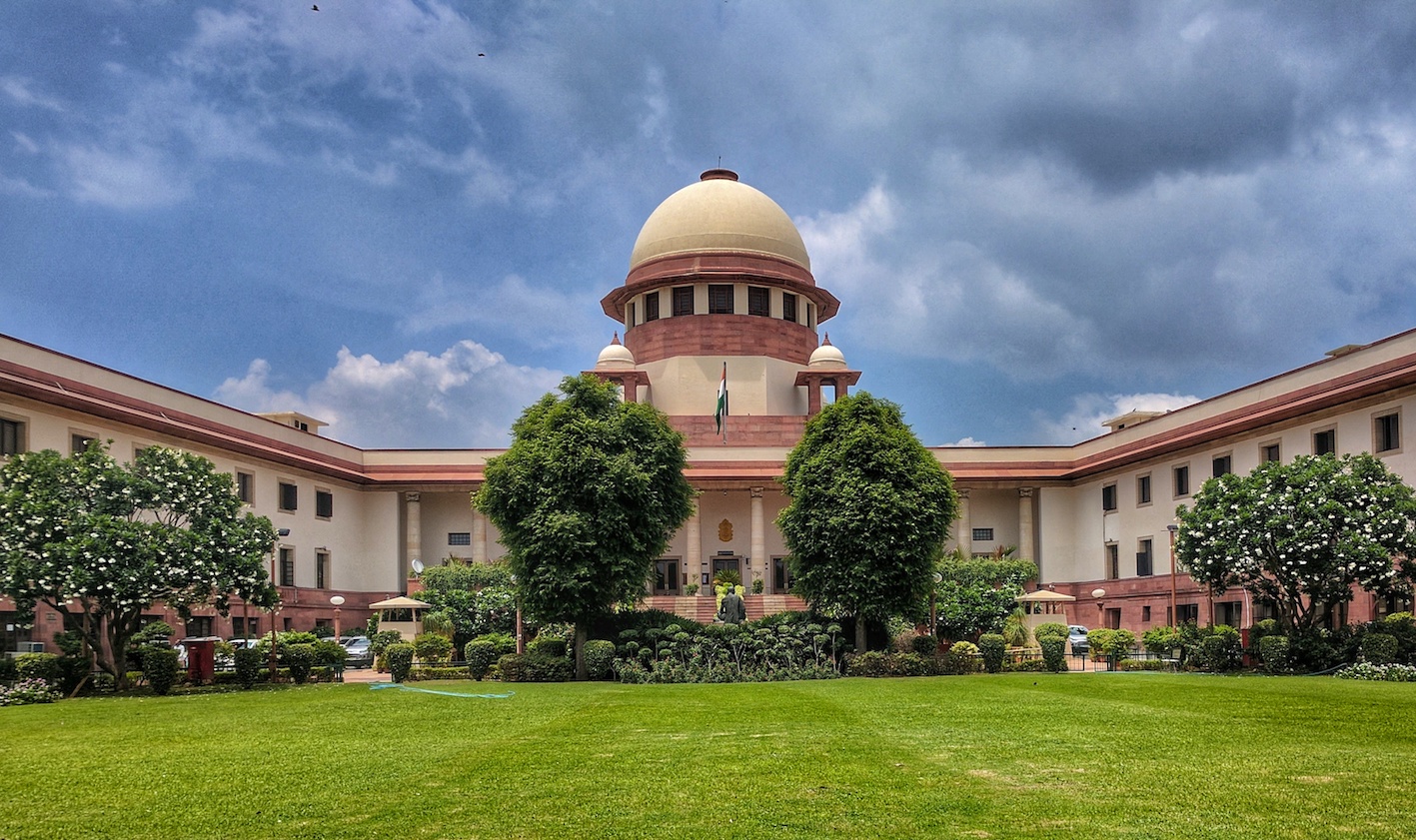Borrower’s Challenge Dismissed: Supreme Court Backs Auction Purchaser in SARFAESI Dispute
Case Title: PHR Invent Educational Society Vs. UCO Bank & Others
Case No.: Civil Appeal No. of 2024 (Arising out of SLP(C) No. 8867 of 2022)
Dated on: APRIL 10, 2024
Coram: J. B.R. Gavai, J. Rajesh Bindal, J. Sandeep Mehta
Facts:
The case involves a dispute between PHR Invent Educational Society, referred to as the appellant, and UCO Bank, among others, as respondents. The appellant, a successful bidder in an auction conducted by UCO Bank for mortgaged properties, had participated in an auction for properties mortgaged by Dr. M.V. Ramana Rao, referred to as ‘the Borrower,’ due to default in loan repayment. The auction purchaser emerged as the highest bidder and deposited a portion of the bid amount on the auction day. However, the Borrower failed to comply with the DRT directive to deposit a portion of the outstanding dues within a specified period, resulting in the automatic vacation of the interim stay on the sale. Subsequently, the appellant completed the payment and obtained possession of the properties. The Borrower filed a writ petition challenging DRT’s order, which was allowed by the High Court, leading to the restoration of the Borrower’s application under the SARFAESI Act. The appellant appealed against this decision in the Supreme Court, arguing that the Borrower’s writ petition should not have been entertained due to the availability of alternative remedies and the Borrower’s failure to comply with DRT’s directive.
Legal Provisions:
- Article 226 of the Constitution of India: Confers power upon the High Courts to issue writs, orders, or directions to any authority, government, or person within its jurisdiction for the enforcement of fundamental rights or for any other purpose.
- Section 17 of the SARFAESI Act: It provides a mechanism for aggrieved borrowers to seek recourse against actions taken by secured creditors, such as banks or financial institutions, under the provisions of the Act.
- Section 13(4) of the SARFAESI Act: It outlines the procedure that a secured creditor must follow in case of default by the borrower.
Under Section 13(4), if a borrower defaults in repayment of any secured debt to a secured creditor, the creditor may issue a notice to the borrower demanding repayment of the entire outstanding loan amount. The notice provides the borrower with an opportunity to rectify the default within a specified period, which must not be less than 60 days from the date of the notice.
- Section 18 of the SARFAESI Act: Pertains to the right of appeal against orders of the Debt Recovery Tribunal (DRT).
Contentions of the Appellant:
The contentions of the appellant primarily revolve around two key points. Firstly, they argue that the High Court erred in entertaining the writ petition filed by the Borrower, as there was an alternative statutory appeal available under the SARFAESI Act. They cite precedent cases to support their position that such petitions should not be entertained when alternative remedies exist. Secondly, they asserted that the Borrower’s conduct disqualifies them from equitable relief. Specifically, they highlighted that the Borrower filed the writ petition after the appellant had made full payment and obtained a Sale Certificate for the properties. Therefore, the appellant contends that the writ petition should be dismissed, and their appeal should be allowed.
Contentions of the Respondent:
The respondent, represented by UCO Bank, primarily contends that the High Court erred in entertaining the Borrower’s writ petition when alternative statutory remedies were available under the SARFAESI Act. They argue that the Borrower’s conduct, including the failure to comply with the DRT’s directive regarding depositing outstanding dues, disqualifies them from equitable relief. Additionally, they emphasize that the appellant had completed payment and obtained possession of the properties, warranting dismissal of the Borrower’s writ petition and upholding of the lower court’s decision.
Court’s Analysis & Judgement:
In its analysis, the Hon’ble Court noted that the facts of the case were not in dispute. The Court considered the arguments presented by both parties, emphasizing the principle that the availability of an alternative remedy does not necessarily bar the High Court from entertaining a petition under Article 226 of the Constitution if it serves the interests of justice, citing the judgment in the case of State of U.P. v. Mohammad Nooh. However, it also acknowledged the appellant’s contention that the Borrower’s conduct should disentitle him from equitable relief, particularly considering that the appellant had completed the payment and obtained possession of the properties.
However, after examining the facts and arguments, the Court concluded that the Borrower’s writ petition challenging DRT’s order should not have been entertained, given the availability of alternative remedies and the Borrower’s failure to comply with the DRT’s directive. Therefore, the Court allowed the appellant’s appeal, setting aside the High Court’s decision and affirming the validity of the appellant’s acquisition of the properties through the auction conducted by UCO Bank.
“PRIME LEGAL is a full-service law firm that has won a National Award and has more than 20 years of experience in an array of sectors and practice areas. Prime legal fall into a category of best law firm, best lawyer, best family lawyer, best divorce lawyer, best divorce law firm, best criminal lawyer, best criminal law firm, best consumer lawyer, best civil lawyer.”
Judgement Reviewed By- Shramana Sengupta

